Doctors perform lung transplant surgery using genetically modified pigs for brain-dead patients in China - Photo: NATURE MEDICINE
Chinese surgeons have transplanted genetically modified pig lungs into a 39-year-old brain-dead man for the first time, the Guardian reported on August 25. The lungs functioned normally for 216 hours, or nine days, and there was no acute rejection – a rapid and violent immune response from the recipient – or infection .
However, 24 hours after the transplant, the lungs showed signs of fluid accumulation and damage, which could initially be due to inflammation caused by the transplant. The research team determined that this damage did not affect much because the patient still had one of their own lungs to compensate for the damage of the transplanted pig lungs.
Professor Peter Friend, who works at the University of Oxford (UK) and is not involved in the research, said that brain death itself causes acute inflammation. Therefore, inflammation and lung damage in pigs after transplantation may be related to the brain death of the patient.
Allografting lungs is particularly difficult because each breath is taken in and the outside environment is introduced into the body. This requires lungs that are highly resistant to pollutants, infections, and other sources.
"For our team, this achievement is a meaningful start. Allogeneic lung transplantation poses different biological and technical challenges compared to other organ transplantation," said Dr. Jiang Shi, co-author of the study and working at the First Hospital of Guangzhou Medical University (China).
The team's goal is to learn how the human immune system responds to an allogeneic lung transplant.
This work is considered the latest step in xenotransplantation techniques aimed at solving the current organ shortage crisis. According to the World Health Organization, the number of donated organs currently only meets 10% of the global need for organ transplants.
However, experts stress that much work remains to be done before genetically modified pig lungs can be transplanted into patients who need them.
The team also said that improvements to this approach are needed, including optimizing immunosuppressive therapy, fine-tuning genetic modifications, enhancing lung preservation strategies, and assessing long-term graft function beyond the acute phase.
The study was published in the journal Nature Medicine .
ANH THU
Source: https://tuoitre.vn/lan-dau-ghep-thanh-cong-phoi-heo-cho-nguoi-chet-nao-20250826095612992.htm


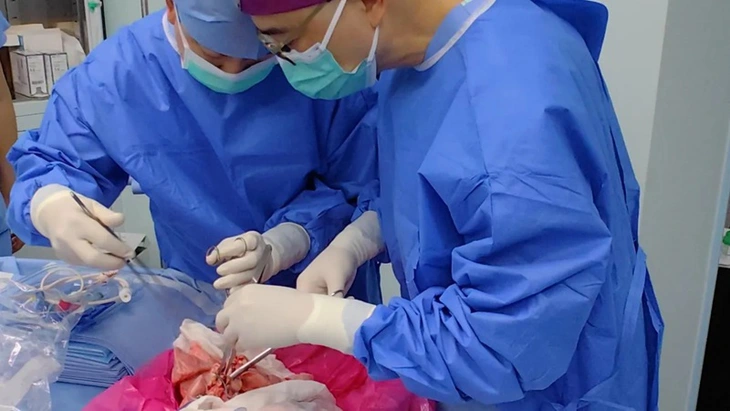

![[Photo] Discover unique experiences at the first World Cultural Festival](https://vphoto.vietnam.vn/thumb/1200x675/vietnam/resource/IMAGE/2025/10/11/1760198064937_le-hoi-van-hoa-4199-3623-jpg.webp)
![[Photo] General Secretary attends the parade to celebrate the 80th anniversary of the founding of the Korean Workers' Party](https://vphoto.vietnam.vn/thumb/1200x675/vietnam/resource/IMAGE/2025/10/11/1760150039564_vna-potal-tong-bi-thu-du-le-duyet-binh-ky-niem-80-nam-thanh-lap-dang-lao-dong-trieu-tien-8331994-jpg.webp)
![[Photo] Opening of the World Cultural Festival in Hanoi](https://vphoto.vietnam.vn/thumb/1200x675/vietnam/resource/IMAGE/2025/10/10/1760113426728_ndo_br_lehoi-khaimac-jpg.webp)












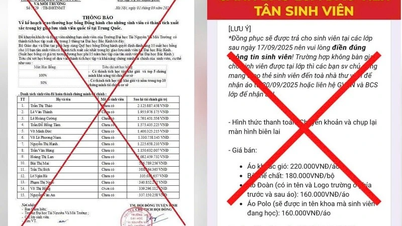












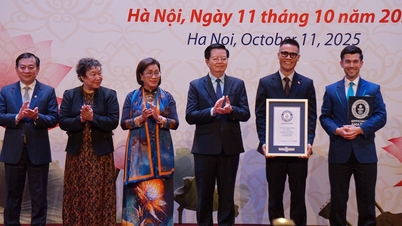
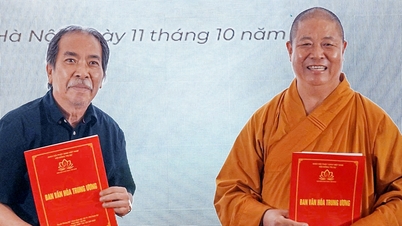




![[Photo] Ho Chi Minh City is brilliant with flags and flowers on the eve of the 1st Party Congress, term 2025-2030](https://vphoto.vietnam.vn/thumb/1200x675/vietnam/resource/IMAGE/2025/10/10/1760102923219_ndo_br_thiet-ke-chua-co-ten-43-png.webp)





































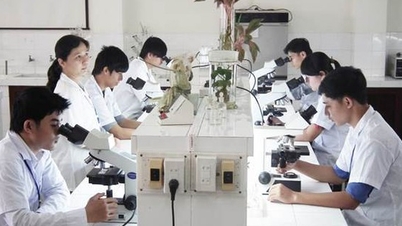






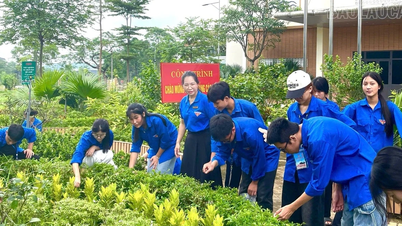















Comment (0)